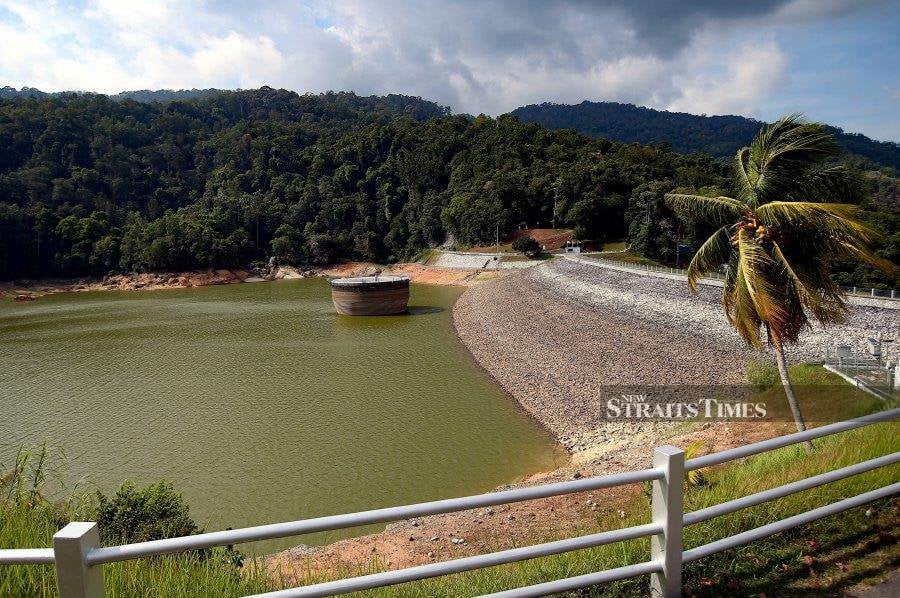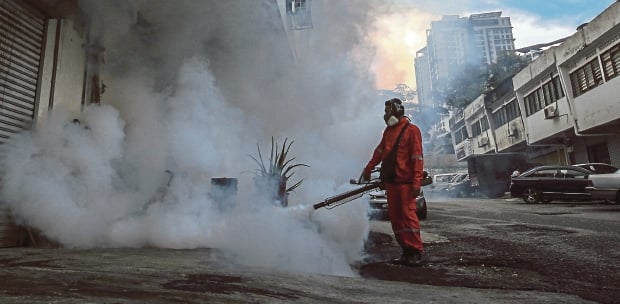KUALA LUMPUR: The country's main water regulator has warned that Malaysia could face widespread water shortages in just five years due to a combination of climate change, wastage, and ageing infrastructure.
National Water Services Commission (Span) chairman Charles Santiago said water must be treated as a national security matter, and that recent shortages in pockets of Penang and Langkawi were a sign of what could happen across the peninsula if no action is taken.
"If we do not conserve our water today, five years from now do not be surprised that there will be no water for us to consume on 24/7 basis," he told the New Straits Times in an interview.
Climate change has led to depleting rivers and this has not been helped by overconsumption.
"The consumption per person in Malaysia is about 245 litres a per day, when you only need to consume 160 litres a day as recommended by the World Health Organisation.
"Even the Penang Water Supply Corporation (PBAPP) has advised users to cut consumption by 10 per cent. This indicates we are consuming more than we need," he said.
But the more pressing risk to the sustainability of water supply is non-water revenue (NWR) which refers to the loss of treated water, either through theft or leakages in pipes.
"Between 2018 and 2022, Malaysia lost significant amounts of treated water, amounting to billions in ringgit."
In 2022, water services operators lost RM2 billion in potential revenue.
Santiago said Perlis, Kedah, Kelantan and Sabah had NRW of over 50 per cent, higher than the national average of 37.2 per cent.
The former Klang member of Parliament said a whole-of-society approach was necessary to prevent a water crisis.
On the part of the federal and state governments, Santiago said massive investments were needed to identify, procure, repair, and replace broken pipes. Better monitoring systems to prevent theft are also needed.
"This has to happen now. This is not something we can push down the road. The process of identifying, procuring, repairing and replacing infrastructure takes years."
Santiago said there was also a need to roll out a comprehensive strategy to promote the use of reclaimed and recycled water for industrial purposes.
For the long term, Santiago said climate change and water sustainability should be included in school curriculums to encourage more sustainable use of water from a young age. — AGENCIES





